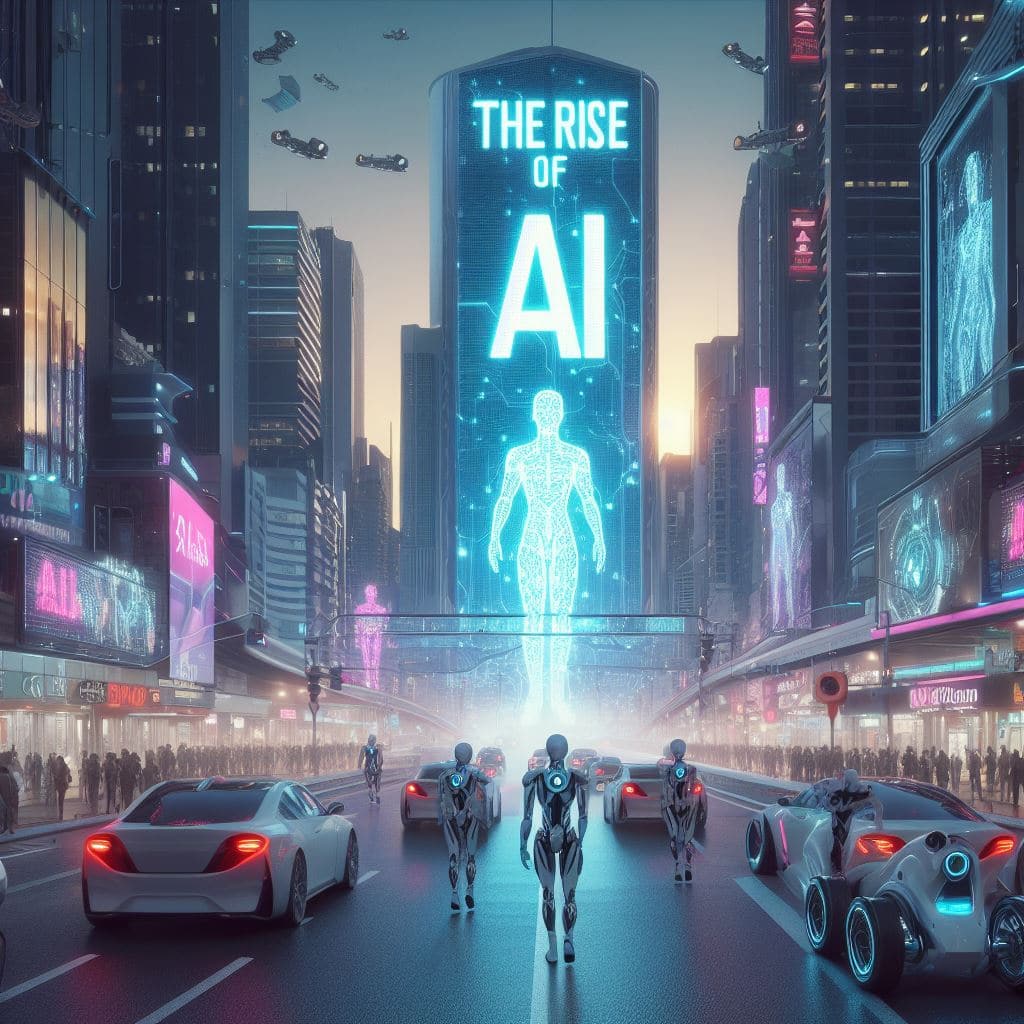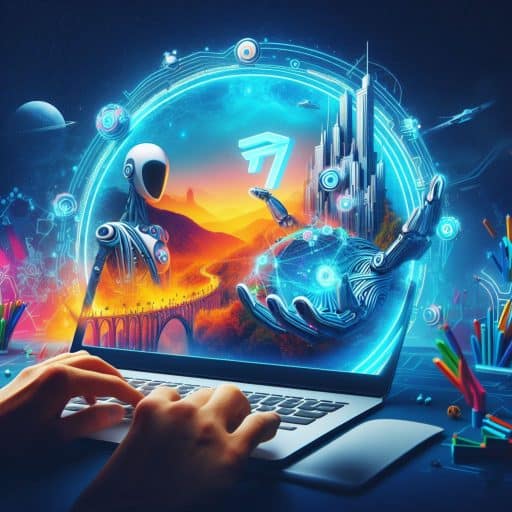In a fast-paced and ever-evolving world, technology continues to push boundaries and open doors to new possibilities. Future Technologies is a realm that captivates our imagination, promising innovative solutions and groundbreaking advancements. In this blog post, we will delve into the world of Future Technologies, exploring their potential and impact on various industries and our daily lives.
The Rise of Artificial Intelligence
Future Technologies are spearheaded by the rapid evolution of Artificial Intelligence. With AI becoming increasingly intelligent and capable, it is transforming the way we live, work, and interact. Intelligent personal assistants, self-driving cars, and automated customer service are just a few examples of how AI is revolutionizing different sectors.
AI’s ability to analyze large amounts of data and make predictions based on patterns has transformed industries such as healthcare. By processing vast amounts of medical information, AI-powered systems can assist physicians in diagnosing and treating diseases more accurately and efficiently. This not only improves patient outcomes but also alleviates the burden on healthcare professionals, allowing them to focus on other critical tasks.
In the field of transportation, self-driving cars powered by AI algorithms have the potential to enhance road safety and revolutionize the way we commute. With advanced sensors, machine learning algorithms, and real-time data analysis, these autonomous vehicles can navigate roads, make split-second decisions, and reduce the risks associated with human error. This technology has far-reaching implications, from reducing accidents and traffic in cities congestion to providing mobility solutions for the elderly and disabled.
Another area where AI is making significant strides is in the realm of customer service. Chatbots and virtual assistants powered by AI are capable of providing personalized and efficient support to customers, improving the overall user experience. These AI-driven systems can understand natural language, answer queries, and even anticipate customer needs. By automating routine tasks, businesses can redirect their resources towards more complex and value-added activities.
AI’s impact extends beyond specific industries, entering the realm of consumer behavior analysis and prediction. By analyzing vast amounts of data from various sources, AI algorithms can identify patterns and trends, allowing businesses to make data-driven decisions and tailor their strategies based on consumer preferences. This level of insight enables companies to offer personalized recommendations, targeted advertising, and, ultimately, a more satisfying customer experience.
However, as we embrace the potential of AI, ethical implications must be considered. Privacy concerns, biases in algorithms, and job displacement are among the challenges that need to be addressed. Striking a balance between technological progress and safeguarding human values is essential to ensure AI is deployed responsibly and ethically.
As AI continues to advance, we can expect even more profound impacts on various sectors. From healthcare and transportation to customer service and data analysis, AI-driven technologies are reshaping the future of industries, enhancing decision-making processes, and improving the overall quality of life. The potential of AI is vast, and as we navigate this exciting era of Future Technologies, it is crucial to embrace its benefits while safeguarding against its potential drawbacks. With responsible deployment, AI has the power to revolutionize multiple domains and pave the way for a brighter and more efficient future.

Revolutionizing Industries with Robotics
The integration of robotics in various industries is a key aspect of Future Technologies. Robotic automation is streamlining manufacturing processes, increasing efficiency, and reducing human error. Additionally, robots are being developed for healthcare, exploration, and even space missions. The adoption of robotics offers immense potential for increased productivity, enhanced precision, and improved safety across sectors.
Immersive Experiences through Virtual Reality (VR)
Virtual Reality has emerged as a significant player in Future Technologies, providing unparalleled immersive experiences. From gaming and entertainment to architecture and design, VR is reshaping how we perceive and interact with digital content. By simulating realistic environments and scenarios, VR has the potential to revolutionize education, training, therapy, and even virtual tourism.
Disruptive Potential of Blockchain
Blockchain technology, primarily renowned for its association with cryptocurrencies, has a transformative influence on Future Technologies. Its decentralized nature and immutability open new avenues for secure and transparent transactions. Blockchain has the potential to revolutionize industries such as finance, supply chain management, healthcare, and digital identity verification. The impact of this technology is expected to be profound, fostering trust and eliminating intermediaries.
Environmental Sustainability through Future Technologies
Future Technologies also play a crucial role in addressing pressing global challenges, especially in the context of environmental sustainability. Innovations such as renewable energy solutions, smart grids, and eco-friendly materials are contributing to a greener future. With advancements in green technology, we can pave the way for a sustainable and eco-conscious society.
Ethical Considerations and the Human Factor
As Future Technologies continue to evolve, it is essential to address ethical considerations and ensure they align with human values. From privacy concerns to job displacement, the impact of these technologies on social dynamics cannot be overlooked. Striking a balance between progress and humanity is crucial to harness the full potential of Future Technologies while safeguarding the well-being of society.
Conclusion
Future Technologies encompass a vast landscape of discoveries, innovations, and awe-inspiring possibilities. From AI and robotics to VR and blockchain, these technologies are revolutionizing industries, enhancing experiences, and redefining our future. Embracing these advancements while being mindful of ethical implications can pave the way for a future that is not only technologically advanced but also sustainable and centered on human values. As we stand at the brink of a new technological era, exploring Future Technologies opens doors to endless possibilities, shaping the world we will inhabit tomorrow.


Recent Comments